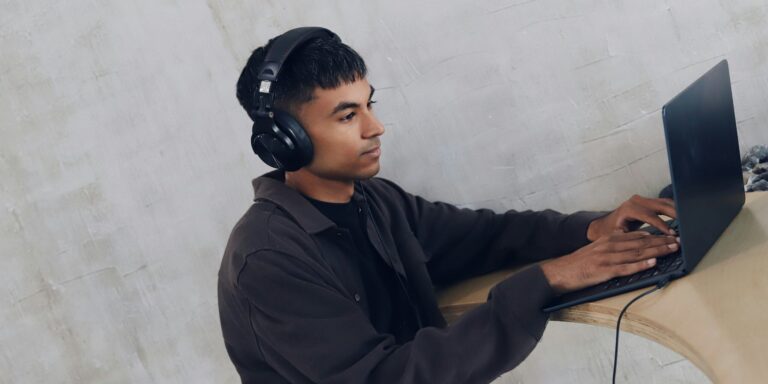In 2025, artificial intelligence (AI) has firmly entrenched itself in the world of music creation, offering a range of tools that promise to revolutionize the way music is produced. AI-driven programs, from software that generates melodies to systems designed to assist in mixing and mastering, are increasingly popular among artists, both independent and established. While these tools present exciting new possibilities for creative expression, they also provoke important questions: Are we embracing technology in a way that enhances creativity, or are we sacrificing the soul of music in the process?
AI music tools, such as OpenAI’s MuseNet and Amper Music, are changing the landscape of music production by offering artists the ability to generate complex compositions more quickly and efficiently. These tools enable users to create melodies, harmonies, and arrangements with ease, and even experiment with different genres and sounds without needing to be a classically trained musician. For independent musicians, in particular, AI has become a virtual collaborator, offering a wealth of inspiration and allowing them to generate new ideas that may have been difficult to conceptualize without the help of technology. The ability to access AI-powered tools democratizes music creation, offering even the most novice of musicians the ability to experiment with complex musical ideas and sounds.
One of the most attractive benefits of AI in music creation is the speed and efficiency it offers. For artists working under tight deadlines or those juggling multiple creative projects, AI tools can streamline the production process, helping to bring compositions to life faster. With AI-assisted programs, musicians can quickly experiment with different arrangements or tweak their mixes, allowing for more time to focus on the emotional and artistic aspects of their music. In many ways, AI can act as a creative assistant, capable of handling time-consuming tasks while freeing up musicians to focus on the elements of music that require a human touch, like emotional nuance and storytelling.
However, the rise of AI in music creation has also sparked concerns about the potential erosion of human creativity. Music has long been celebrated as a deeply human form of expression—an art that captures emotions, cultures, and personal experiences. While AI can generate sounds, melodies, and patterns with remarkable precision, it lacks the ability to feel or convey the personal, emotional depth that artists pour into their music. Critics argue that as AI becomes more sophisticated and capable of producing compositions that closely mimic human creativity, we risk losing the authentic soul that music is built upon. AI tools, despite their impressive capabilities, cannot replicate the lived experiences, struggles, and emotions that inspire an artist’s work. At its core, music is a reflection of human connection, and some argue that AI-generated music, no matter how intricate or polished, lacks the emotional resonance that defines the best compositions.
As the capabilities of AI in music creation continue to grow, the line between human-created music and machine-generated compositions is becoming increasingly blurred. The proliferation of AI-generated music raises questions about the future of artistry in the music industry. Will human creativity be marginalized in favor of more efficient, cost-effective, and formulaic productions? As AI technology becomes more accessible, it has the potential to flood the market with music that lacks the depth and authenticity that listeners have come to expect from human-created works. If AI is used to replace human musicians rather than complement them, it could change the way we view music itself, transforming it from an emotional experience to a product manufactured by algorithms.
In 2025, the debate surrounding AI in music creation is intensifying, with artists, producers, and industry leaders grappling with how to best integrate these tools without sacrificing the heart and soul of music. While AI offers undeniable benefits—such as greater accessibility, faster production, and more creative possibilities—it is essential for the music industry to recognize that technology should serve as a tool to enhance the creative process, not replace the human touch that makes music truly special. Music is not just about notes and rhythms; it’s about storytelling, emotional connection, and shared human experiences. If AI is used thoughtfully and ethically, it can be an invaluable resource for artists, but it should never overshadow the irreplaceable value of human creativity.
In conclusion, the impact of AI on music creation in 2025 is both exciting and challenging. While AI tools offer immense potential for artists to explore new creative avenues and streamline their production process, they also raise important questions about the future of music as an art form. The music industry must find a way to balance the benefits of AI with the need to preserve the emotional and human elements that make music powerful. For artists, producers, and fans alike, the future of music will depend on whether technology is used to enhance, rather than replace, the deeply personal and cultural experiences that make music a universal language.


